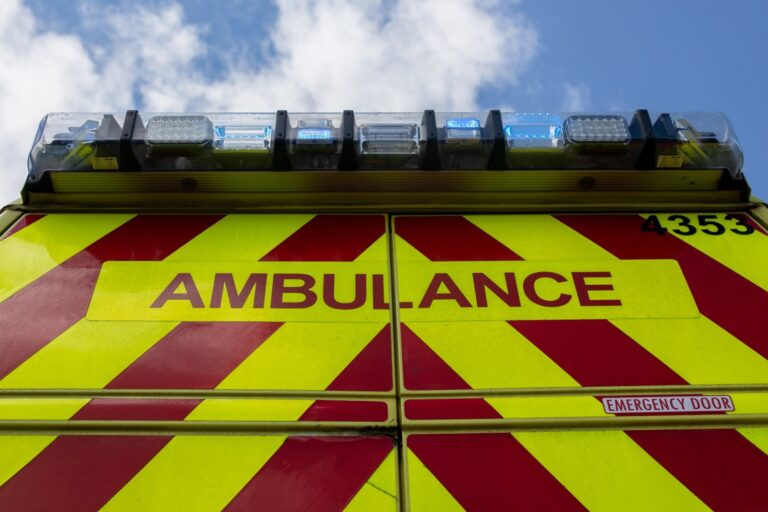East Midlands Ambulance Service lost more than 25,000 hours in December to patient handover delays – the second highest month on record for crews being held up at hospitals.
The service’s board met today (January 14) to discuss its operational performance.
EMAS, alongside regional hospital trusts, has dealt with increased demand and strain on its service this winter due to seasonal pressures from high numbers of flu, norovirus and RSV cases in hospitals.
Across its Derbyshire, Leicestershire, Lincolnshire, Northamptonshire and Nottinghamshire area EMAS lost a total of 25,432 hours to patient to hospital handovers which lasted more than 15 minutes in December 2024.
This means it took crews a long time to pass patients over to the care of hospitals once they arrived from a call, meaning fewer ambulances were freely available as they were stuck outside under-pressure emergency departments waiting for patients to be admitted by staff.
However, Nottinghamshire hospitals accounted for the lowest, causing 3,331 lost hours. Lincolnshire was the highest with 6,425 hours lost.
The national benchmark for ambulance handovers is 15 minutes.
This steep figure is a 48 per cent increase on December 2023 and is the second highest month for lost hours after December 2022.
The board heard how around 1,600 hours were lost on the worst day due to hospital delays.
From Monday January 6 until January 8, EMAS was operating under a ‘critical incident’, which it declared due to significant patient demand, pressure within local hospitals, and flooding in the region.
During this time, an average of more than 1,100 hours a day were lost due to service strain in hospitals.
Speaking on the large overall figure, Gary Brown, Non-Executive Director, said: “That is a huge number to be outside of agreed trajectories.
“If there are no consequences in the [wider health system] and there is no quick response- and I’m sure there isn’t- it means that our [plans] for next year are based on quicksand and that’s the point of concern.”
Ben Holdaway, Director of Operations, responded by using the example of a current 45-minute pilot scheme taking place in one hospital to tackle extended handover times- he called the already-seen improvements “stark”.
Nottingham University Hospitals Trust (NUH), which runs QMC and City Hospital, has been testing the scheme for the past month, involving patients being handed over to A&E nurses by ambulance staff within 45 minutes, where clinically acceptable.
Following this scheme, between December 13 2024 and yesterday (January 13) the average handover at NUH was 39 minutes and 48 seconds- down from just under one hour and eight minutes in the same period the year before.
Mr Holdaway added: “It hasn’t been easy, it’s a challenge to get it in, it’s even more of a challenge to keep it in.”
Murray Macdonald, Non-Executive Director, spoke of the lower-risk cases ambulance staff can get called, which impacts EMAS’ resources.
He said: “What the public expect us to do and what we end up doing can be very different things.
“We are clearly being dragged away, resources being dragged all day to do things that I expect the public would put quite low down their priority list.”
Richard Henderson, Chief Executive, said: “[There needs to be] further work nationally as well around the categorisation of calls.
“Many [patient] falls require a [lower risk] response- how do we develop other types of responses so those patients can get a timely response, through a falls service?”
Mr Holdaway also told the board EMAS will look to get access to the same system which NHS 111 uses- which provides information about where a patient should go next.





